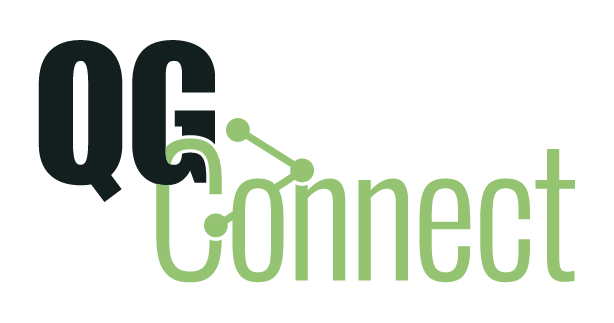In today’s digital age, the need for efficient and secure case management software is paramount for organizations across various sectors. Whether you’re in legal services, healthcare, or any other field requiring meticulous case tracking and management, opting for online case management software can streamline operations significantly.
However, with the convenience of online platforms comes the responsibility of ensuring robust security measures are in place to protect sensitive information and maintain client confidentiality.
Encryption Standards
First and foremost, prioritize software that implements strong encryption standards. Encryption ensures that data transmitted between users and servers remains unreadable to unauthorized individuals. Look for software that employs AES (Advanced Encryption Standard) 256-bit encryption, which is currently one of the most secure encryption methods available.
Authentication and Access Control
Effective authentication mechanisms are crucial to prevent unauthorized access to sensitive case information. Choose software that offers multi-factor authentication (MFA) options such as SMS verification, biometric authentication, or authenticator apps. Additionally, robust access control features allow you to define and enforce who can access specific information within the software based on roles and permissions.
Data Backup and Recovery
Data loss can be catastrophic for any organization handling sensitive cases. Ensure the software you choose provides regular data backups and has a reliable disaster recovery plan in place. Automatic backups to secure off-site locations and the ability to quickly restore data in case of emergencies are essential features to look for.
Compliance with Regulations
Different industries have specific regulations and compliance requirements regarding data security and privacy. Ensure that the online case management software complies with relevant standards such as GDPR (General Data Protection Regulation), HIPAA (Health Insurance Portability and Accountability Act), or other regional data protection laws applicable to your organization. Compliance certifications or audits from independent third parties can provide assurance of adherence to these standards.
Secure Communication Channels
Secure communication channels within the software are vital for exchanging sensitive information without the risk of interception. Look for features such as encrypted messaging, secure file sharing, and secure video conferencing capabilities. These features ensure that communication remains confidential and protected from external threats.
Regular Security Audits and Updates
Software vulnerabilities can emerge over time, making regular security audits and updates critical. Choose a vendor that conducts frequent security assessments and promptly releases patches or updates to address any identified vulnerabilities. Transparency regarding their security practices and a commitment to staying ahead of potential threats are signs of a reliable software provider.
So by investing in robust security measures not only safeguards confidential data but also enhances trust with clients and stakeholders, ultimately contributing to the efficiency and credibility of your operations.
Call us for more information related to case management software in Burlingame!

